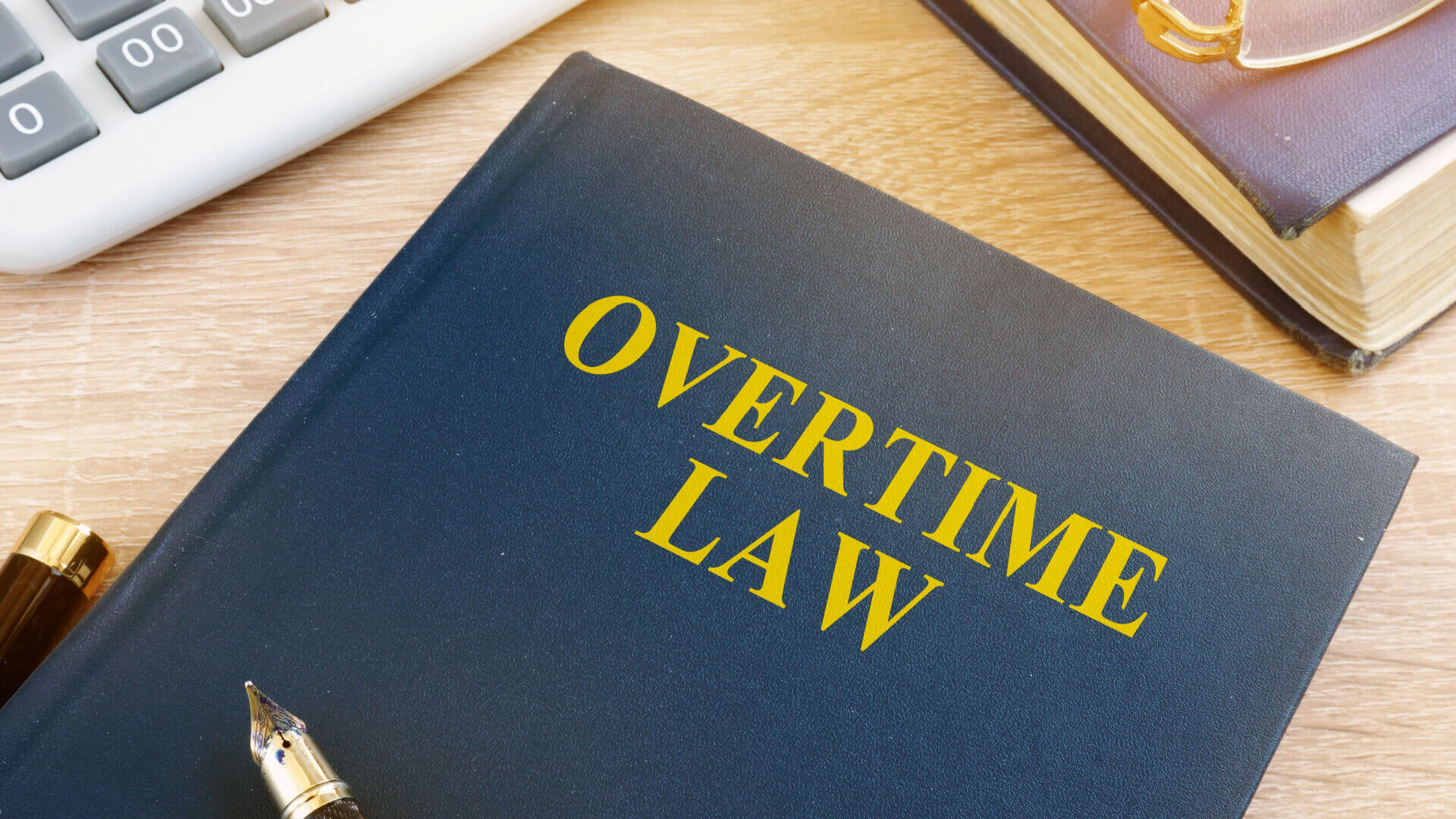Most U.S. employers are required to pay their eligible employees overtime pay. But that may not always be the case. Overtime discrimination continues to affect many employees across different sectors. And as you can imagine, it affects your earning potential and career advancement.
Addressing overtime discrimination is the only way to ensure equality and fairness in the workplace. Yes, discrimination based on age, religion, and sexual orientation occurs, but this article will focus on gender and racial discrimination in the workplace.
Understanding Overtime Discrimination
Overtime discrimination occurs when an employee gets paid differently from another employee in an equal position and near equal workload for overtime work and its benefits because of one employee is a member of a protected class. For example, women may get overlooked for overtime assignments despite their qualifications and willingness to take on extra work.
Factors Contributing to Racial and Gender Discrimination in the Workplace
#1. Cultural and Societal Expectations
Cultural and societal expectations often influence workplace culture. Your office is no different. This attitude often dictates who is suitable for overtime work. These ingrained beliefs tend to reinforce gender discrimination in the workplace.
#2. Stereotypes and Biases
Just like cultural expectations, there are a few prevalent stereotypes and unconscious biases. They play a significant role in endorsing racial discrimination in the workplace. Many biases assume that certain racial or ethnic groups are less capable or dedicated than others. That can result in discrimination when assigning overtime tasks.
#3. Workplace Policies and Practices
Office policies and practices can unintentionally contribute to overtime disparities. The following conditions can lead to gender and racial discrimination in the workplace.
- Lack of transparency in the overtime allocation
- Subjective decision-making
- Favoritism when allocating overtime
#4. Lack of Diversity in Leadership Roles
Yes, diversity does make a difference. Having people of diversity in leadership roles makes the company more aware of inequality issues, and empowers those who want to solve them. When you have one monolithic group in charge, they’re going to lack the experience to spot and deal with inequality issues in the workplace.
Legal Framework and Protections Against Overtime Discrimination
Over the years, the United States has enacted several employment laws and regulations to protect hardworking employees. Understanding these laws can help you identify and fight gender and racial discrimination in the workplace, which inevitably leads to overtime discrepancies.
Fair Labor Standards Act (FLSA)
The FLSA establishes federal minimum wage and overtime pay requirements for covered employees. It prohibits employers from overtime discrimination. The FLSA clearly states that eligible workers must be paid overtime pay at a rate of not less than one and one-half times their regular rates of pay after 40 hours of work in a workweek.
Title VII of the Civil Rights Act of 1964
Title VII prohibits employment discrimination based on race, color, religion, sex, or national origin. It applies to overtime discrimination. But it also makes it unlawful for an employer to retaliate against an employee because they formally or informally complained about discrimination.
Equal Pay Act of 1963
The Equal Pay Act protects employees against wage discrimination based on sex. It specifically addresses gender discrimination in the workplace when it comes to wages, and it covers all forms of compensation, including:
- Salary
- Overtime pay
- Bonuses
- Life insurance
- Vacation and holiday pay
- Cleaning or gasoline allowances
- Hotel accommodations
- Reimbursement for travel expenses
- Other benefits
How Workplace Discrimination Lawyer Can Help You
Overtime discrimination is a type of workplace discrimination. If you are being discriminated against in the workplace, you should seek legal help immediately. You will need to speak with an attorney to understand and assert your rights as an employee.
Here is how a workplace discrimination lawyer can help you:
Legal Advice
Your attorney will evaluate your situation and assess the strength of your case. They can provide legal advice based on the specific circumstances of your discrimination claim.
Gathering Evidence
Your attorney can help gather relevant evidence to support your case. This includes documentation, witness testimonies, email correspondence, texts, and other forms of proof. This evidence helps establish a pattern of discrimination.
Building a Strong Case
Your attorney will conduct a thorough investigation to build a strong case. They also know how the discovery process works. So, they will draft legal pleadings, file the necessary paperwork, and ensure compliance with legal procedures and deadlines.
Represent You in Legal Proceedings
Your workplace discrimination lawyer will negotiate and settle the case on your behalf. If it goes to litigation, they will represent you in court. They will advocate for your rights, present the evidence, cross-examine witnesses, and make compelling arguments to support your claim.
Contact the Employment Discrimination Attorneys at Barrett & Farahany
Everyone deserves a fair and inclusive workplace. But even today, women and racial minorities often face barriers that limit their access to things like overtime opportunities. Understanding overtime discrimination, how it occurs, and how the relevant laws work can help you assert your rights. If you think your employer is unfairly denying you overpay opportunities, you should speak with a workplace discrimination lawyer immediately.
Are you facing overtime pay discrimination? Our experienced lawyers have helped several employees who have faced this type of workplace discrimination. Contact us to learn more.


